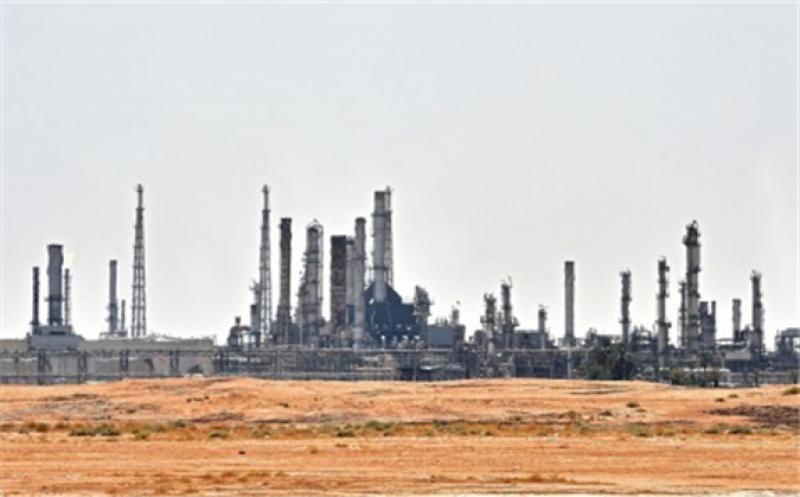Saudi Arabia and Iraq will cooperate and coordinate their positions on oil policies within the organization of Petroleum Exporting Countries and will remain committed to decisions already made by the cartel, the two said following a meeting between Iraq’s Prime Minister Mustafa Al-Kadhimi and Saudi Crown Prince Mohammed bin Salman.

“The two sides stressed the importance of cooperation in the fields of energy, exchange of experiences and coordination of positions in the oil field within the scope of the Organization of Petroleum Exporting Countries (OPEC) and OPEC Plus,” the post-meeting statement published by the Saudi Press Agency read.
“They also stressed full commitment to all decisions that have been agreed upon, in a manner that guarantees reaching fair and appropriate oil prices for exporters and consumers in the global oil market.”
Saudi Arabia and Iraq are, respectively, OPEC’s first- and second-largest oil exporter. They have, however, been sometimes at odds concerning the steps that need to be taken to support oil prices. Iraq, a country still recovering from a war, depends on its oil revenues and has not enthusiastically received production cuts.
What’s more, after the April OPEC+ deal was sealed, Iraq failed to comply with its production quota, prompting Saudi Arabia to threaten to turn the taps on and sink prices unless it started to cut deeper.
Recently, amid reports that OPEC+ may extend the current rate of cuts—7.7 million bpd—or even deepen it, there was doubt that Iraq would be willing to play ball. However, Baghdad has been vocal in its assurances that it will comply with any deal and support any unanimous decision that OPEC makes concerning oil production.
Iraq’s oil production ceiling under the OPEC+ agreement is 3.8 million bpd for the period from August to December this year, after it caught up with its compliance thanks to deeper additional cuts. The ceiling compares with Iraq’s actual production of over 4 million bpd in April.
This article is reproduced at oilprice.com